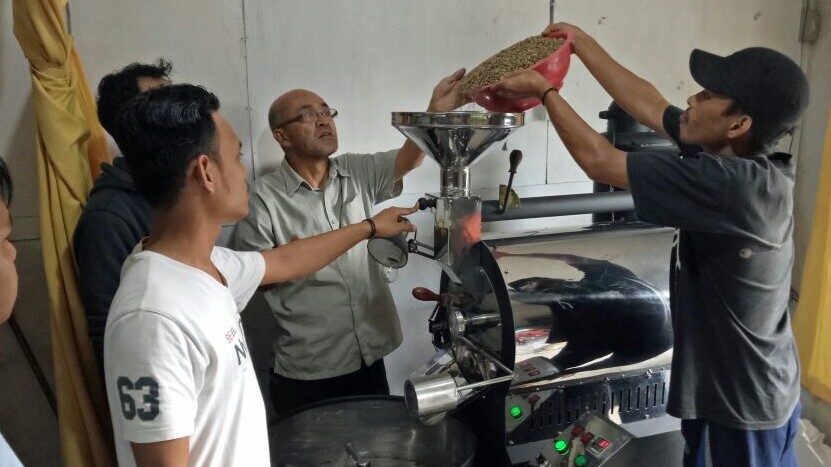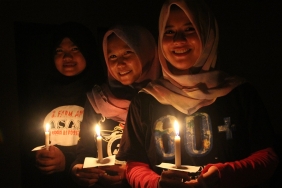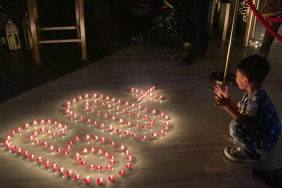PROTECTING UPSTREAM CILIWUNG BY DRINKING COFFEE
Who doesn't know coffee, a drink that is quite popular with various groups, both young and old, men and women in Indonesia and even around the world.
Did you know that coffee is the most traded plantation crop commodity? There are two types of coffee plant varieties that are widely cultivated in Indonesia, namely arabica coffee (Coffea arabica) and robusta coffee (Coffea robusta). These two types of coffee are also commonly found in community-owned coffee plantations in the upstream area of the Ciliwung Watershed (DAS), precisely in Cibulao Village, Tugu Utara Village, Cisarua District, Bogor Regency.
Cibulao coffee became known when in 2016, Cibulao robusta coffee won the Indonesian Specialty Coffee Contest. Cibulao coffee is also known as conservation coffee, because this area used to experience drought and landslides, due to the lack of water catchment areas. But after planting coffee and getting support from various parties, coffee in Cibulao began to flourish. Moreover, to plant coffee, other shade trees such as Suren, Pinus, Puspa and others are also needed. So the presence of coffee and other shade trees can reduce the level of erosion, which has been one of the main causes of flooding.
Seeing its impact on the protection of the upper Ciliwung watershed and also on the economy of the local community, WWF Indonesia Foundation and PT Bank HSBC Indonesia (HSBC Indonesia) worked together to support the sustainable development of Cibulao coffee. This is done together with other stakeholders with various activities such as institutional strengthening and capacity building, practice of responsible coffee farming principles and others.
Some trainings have been conducted, one of which is a coffee cultivation training that was held some time ago. This activity was attended and opened directly by representatives from the Bogor Regency Food Crops, Horticulture, and Plantation Office. The participants of this activity came from several Forest Farmer Groups from Bogor Regency, namely Cibulao Forest Farmer Group, Cikoneng Forest Farmer Group, Rawa Gede Forest Farmer Group, Cisuren Forest Farmer Group.
"Coffee, besides having economic value, also has high conservation value. This must be maintained, how can we make coffee plantations become "coffee forests" because coffee plantations also need other trees that provide shade to grow," said Ayu Suteja, a coffee trainer from Gunung Puntang Bandung, during the training. Ayi also explained the importance of sharing and training activities like this to be routinely carried out to broaden the knowledge and skills of coffee farmers.
"We are still very new to coffee cultivation and are looking forward to this kind of training. To cultivate coffee properly and sustainably, soil and water conservation aspects are very important, so that even shade plants can thrive and coexist with coffee plants,'' said Kang Dudi, a coffee farmer from Rawa Gede Village.
Hopefully, the efforts that have been made by coffee farmers in the Upper Ciliwung can make a positive contribution to environmental preservation, especially for the preservation of the Ciliwung river, whose impact will be felt downstream.




